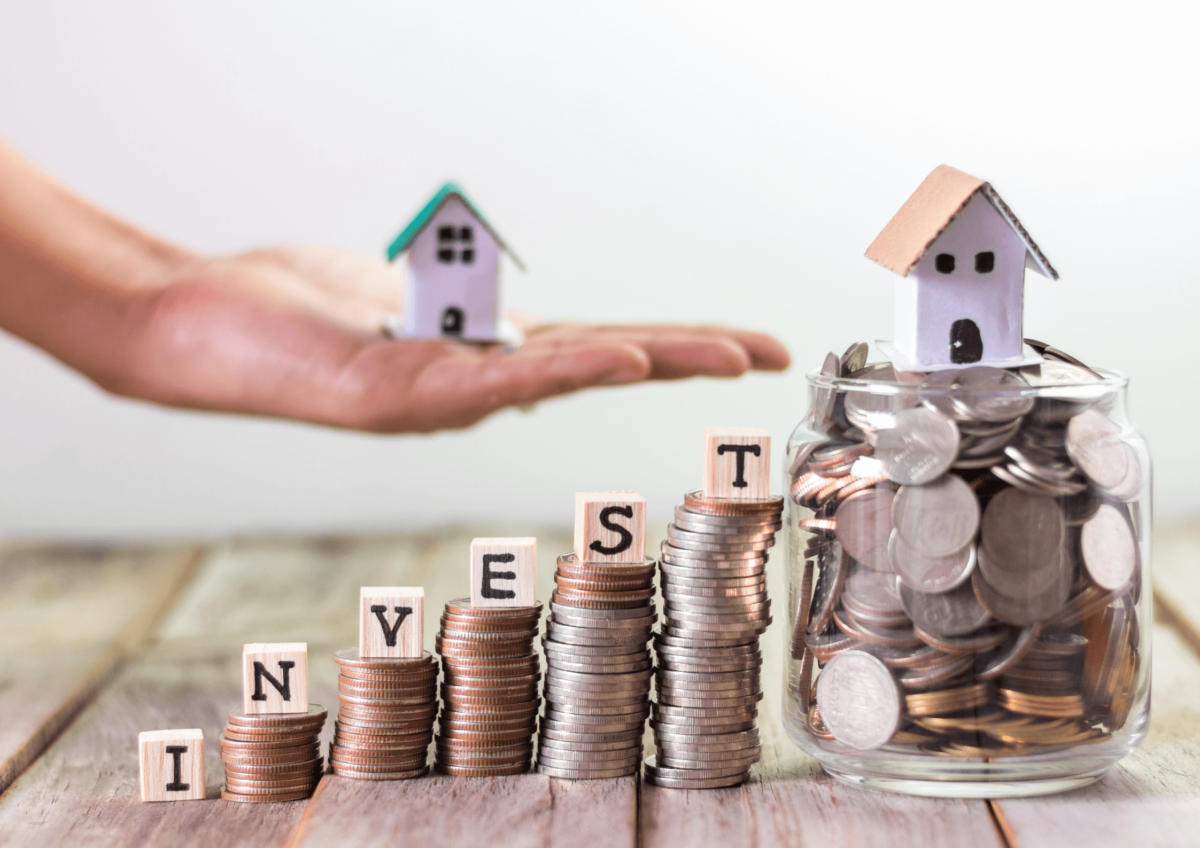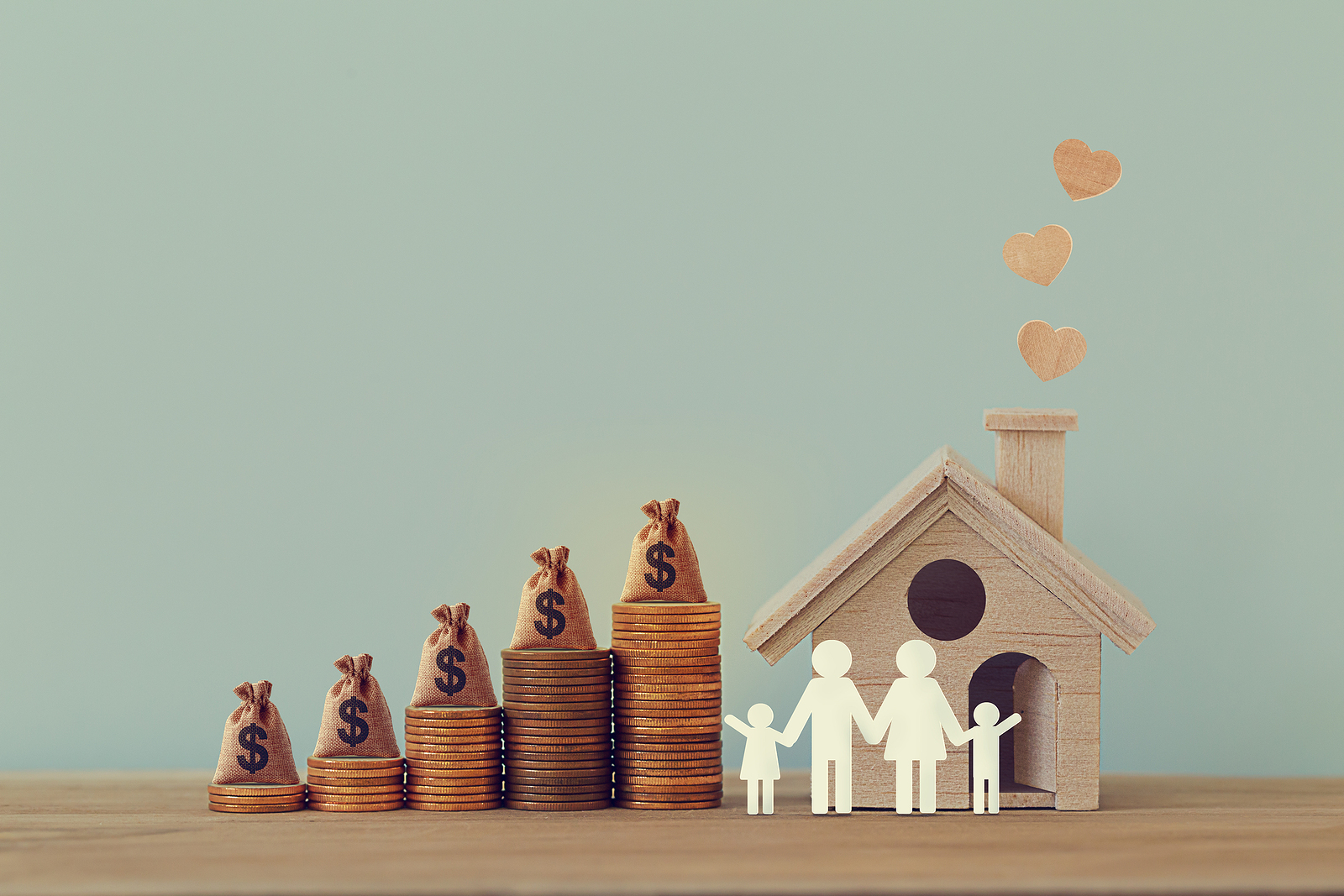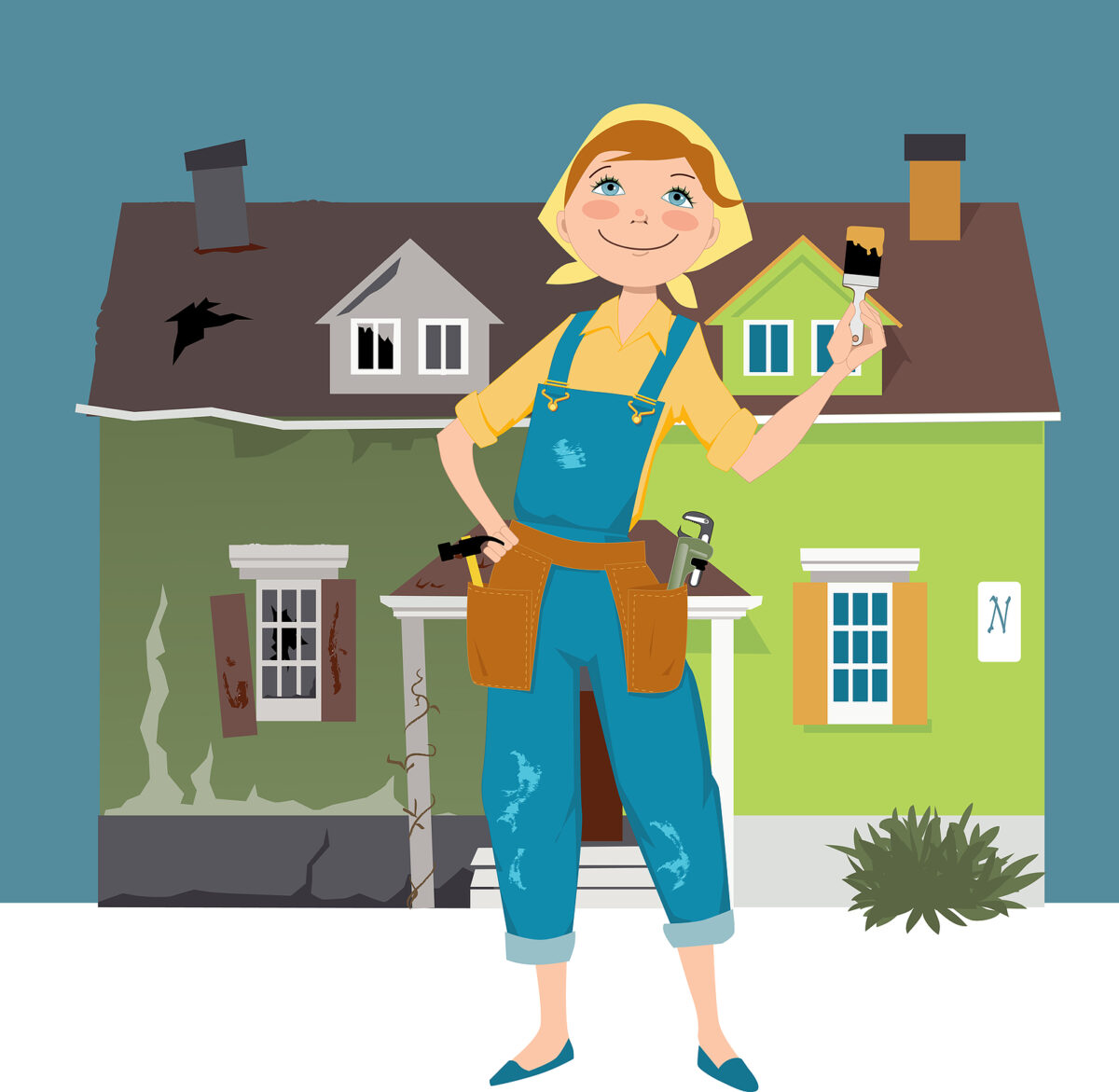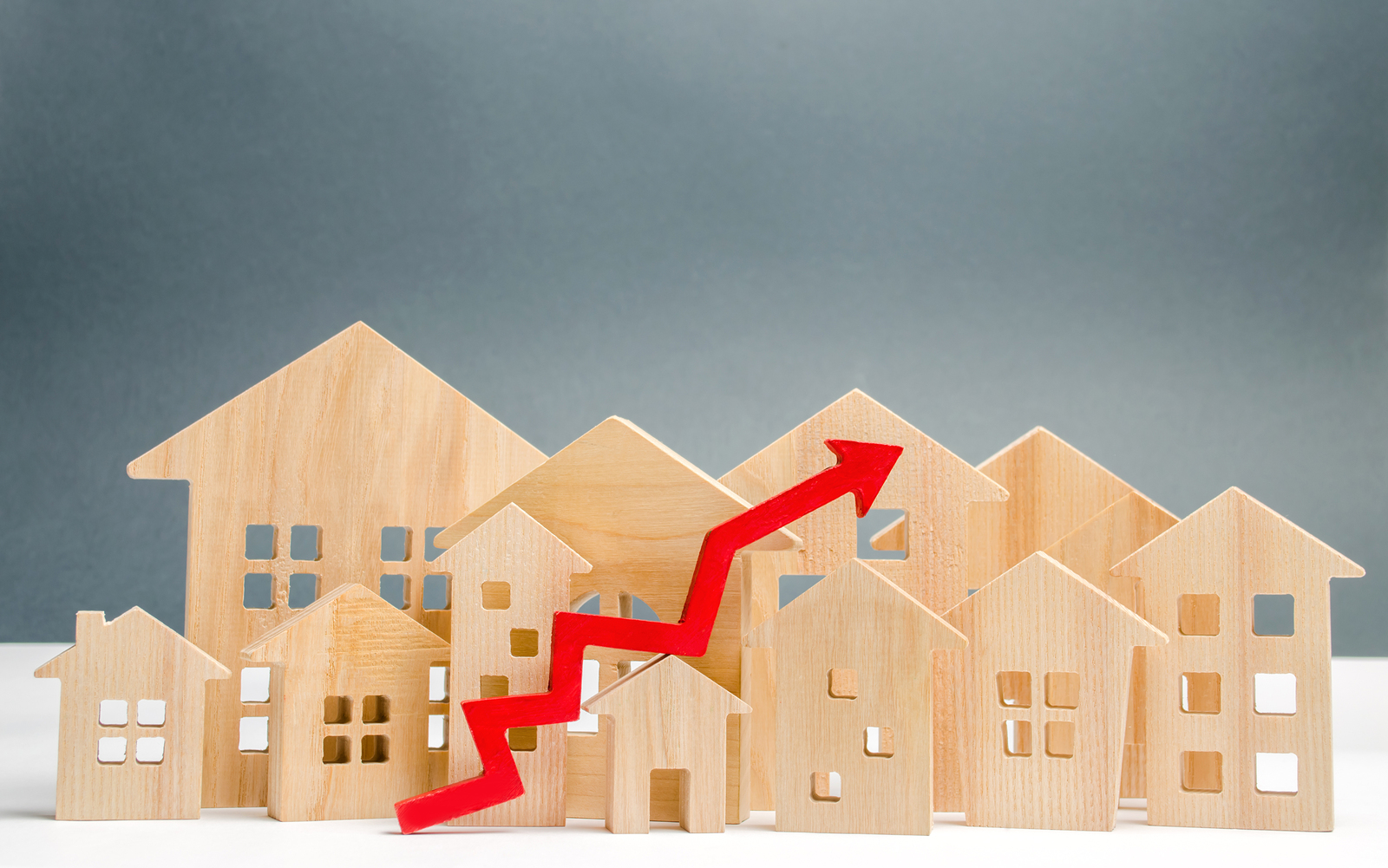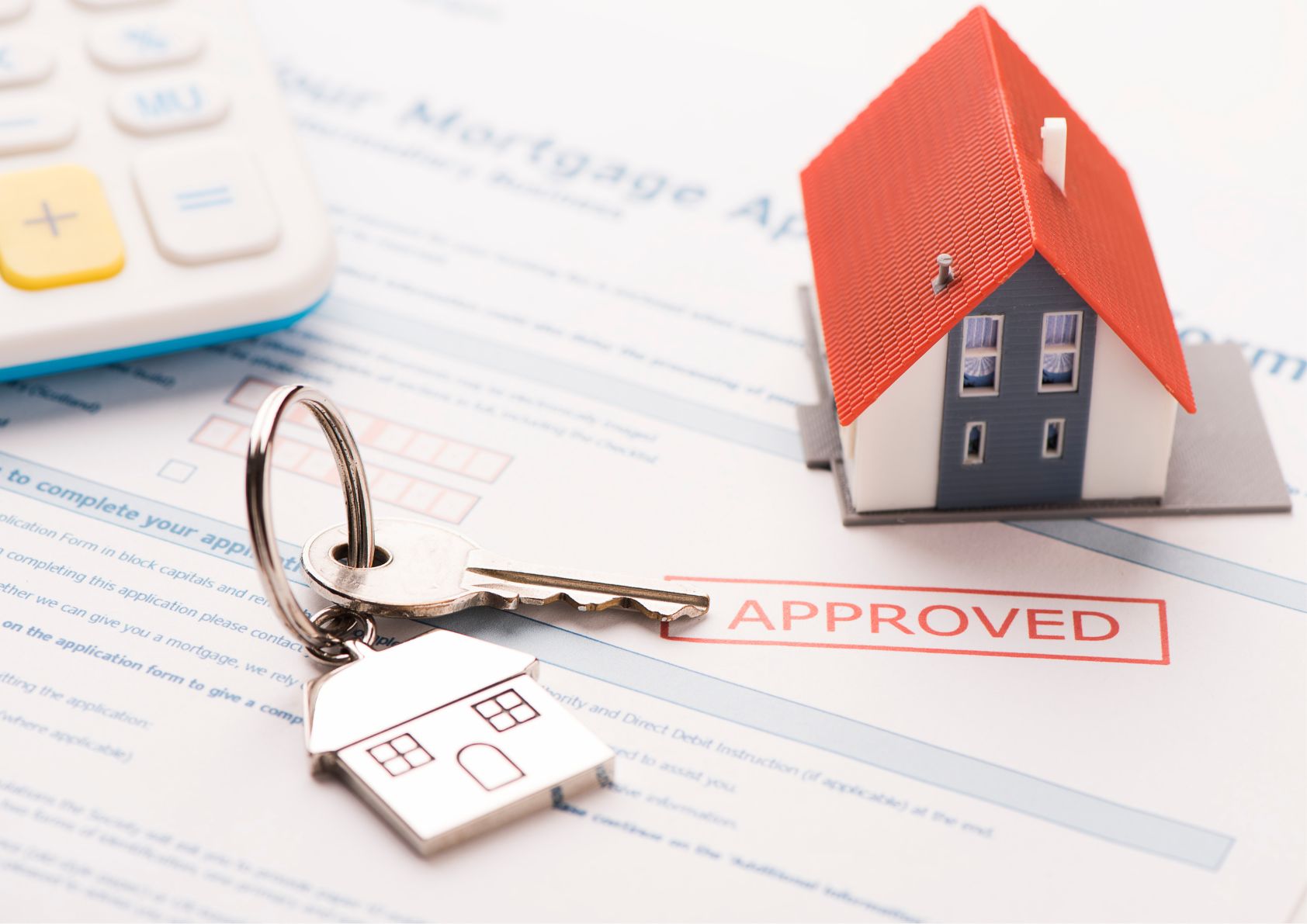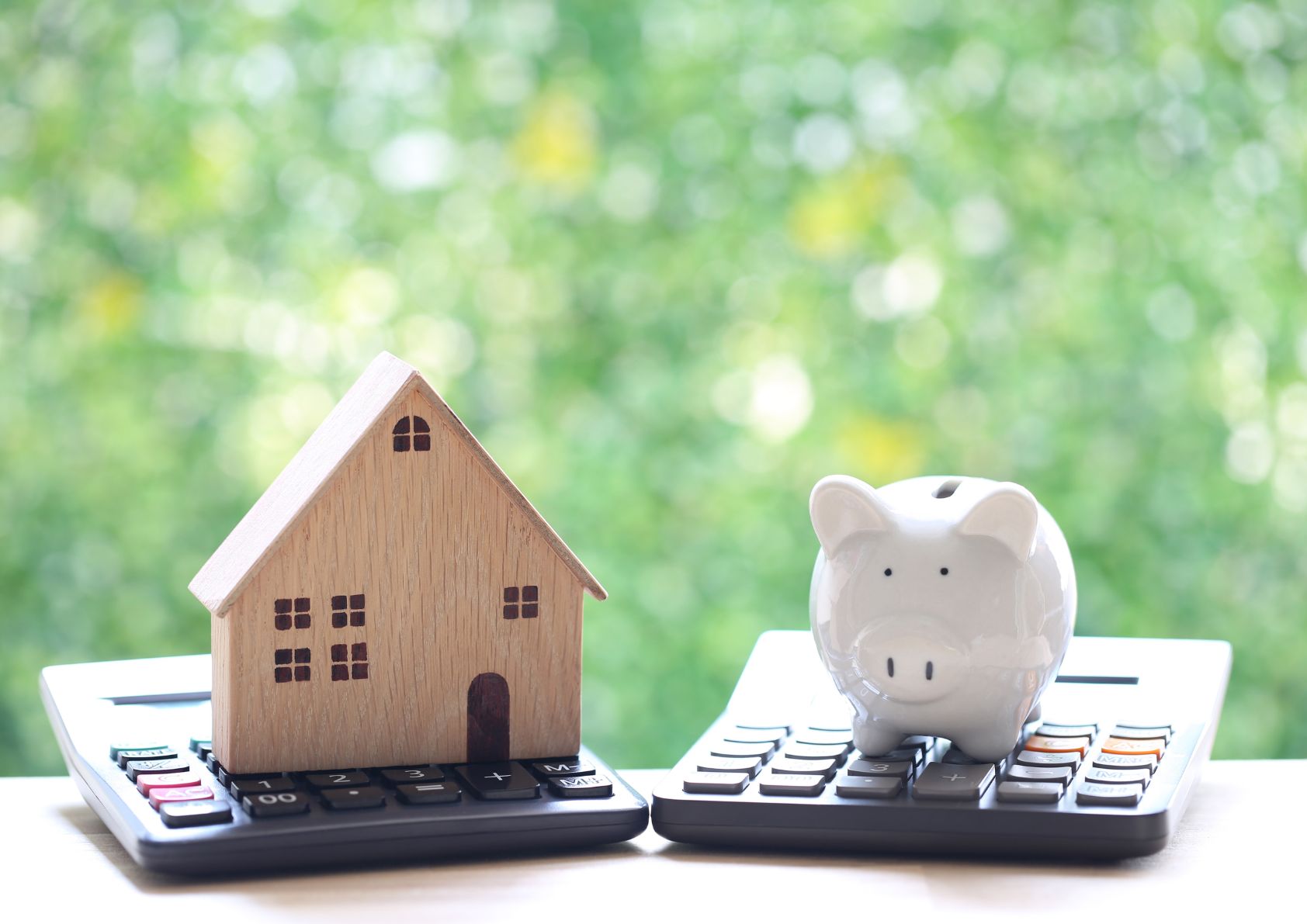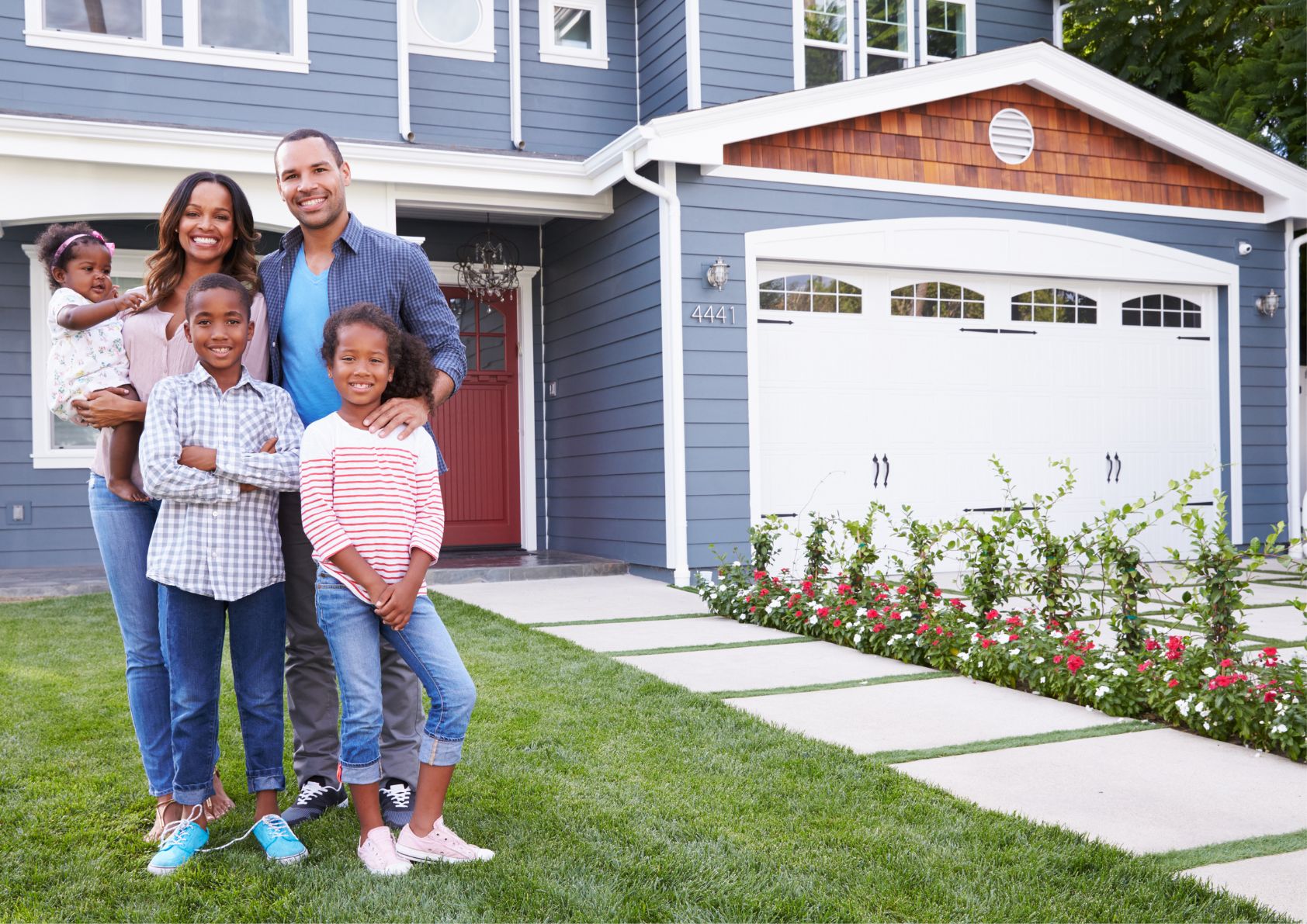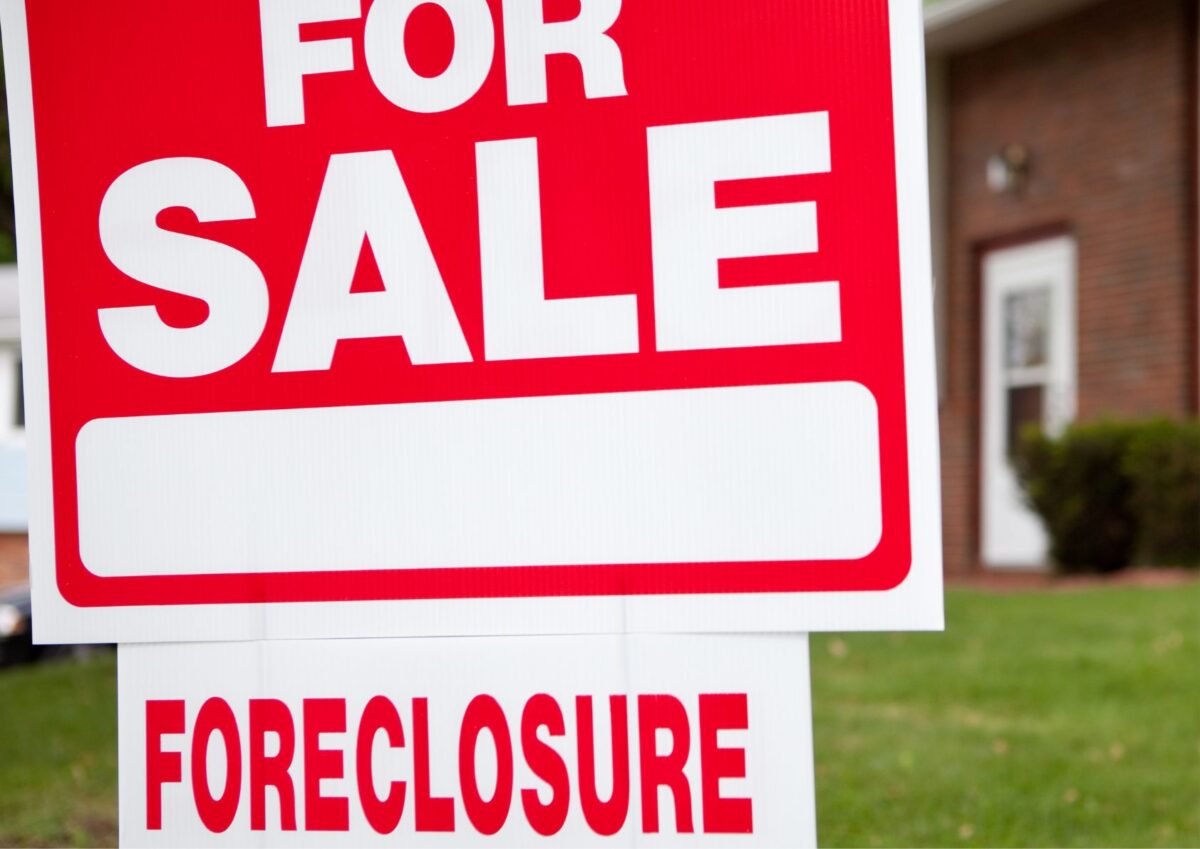Thinking about diving into real estate for the first time? Spring is the perfect season to explore the world of fixer-upper investment in spring opportunities. The weather is favorable, the market gains momentum, and more properties become available, many of which are in need of some TLC. For first-time investors, a fixer-upper can be a hidden gem, offering the potential for impressive returns with the right upgrades. In this post, you’ll discover key springtime strategies to help you identify, renovate, and profit from your first real estate investment.
Do Your Homework Before You Hammer
Before you jump into any fixer-upper investment in spring, research is your best friend. Begin by analyzing local market trends. Look for neighborhoods with increasing home values, new infrastructure, or a growing demand for rentals. These indicators suggest a higher likelihood that your fixer-upper will gain value after renovations.
Also, know the difference between cosmetic and structural issues. Replacing outdated flooring or repainting walls is affordable and makes a big impact. On the other hand, major foundation repairs or roof replacements could bust your budget. A professional home inspection is essential to get a clear understanding of what you’re getting into before making an offer.
Maximize Spring’s Advantages
Spring brings longer days, better weather, and an energized real estate market—all advantages for first-time investors. Contractors tend to have more availability early in the season, and outdoor projects like landscaping or exterior painting are easier to complete. Additionally, properties that were sitting on the market over winter might be ready for price reductions, giving you room to negotiate.
Take advantage of this by scheduling walkthroughs in the morning or early afternoon to see properties in natural light. Make sure your project timeline aligns with spring’s momentum, so your fixer-upper can be ready to list or rent by summer, when competition and buyer interest peak.
Budget Smart and Plan for the Unexpected
Creating a detailed budget is critical when it comes to a fixer-upper investment in spring projects. Include estimates for materials, labor, permits, and potential surprises (which almost always arise). Many seasoned investors recommend setting aside an additional 10–20% of your total renovation budget as a contingency fund.
Also, don’t forget the soft costs: utilities, insurance, holding costs, and marketing expenses once your project is complete. By thinking through these details, you avoid common pitfalls that catch many first-time investors off guard. Smart financial planning is what turns a fixer-upper from a money pit into a goldmine.
Focus on High-ROI Improvements
To get the most bang for your buck, prioritize renovations that offer the best return on investment. Kitchens and bathrooms typically lead the pack. A minor kitchen update, like new cabinets, updated countertops, or energy-efficient appliances, can significantly boost your resale value. Bathroom upgrades, including fresh tile and modern fixtures, offer similar ROI.
Curb appeal also matters. Invest in simple landscaping, fresh paint, and an inviting front door. These changes may seem small, but they create a strong first impression and can elevate your property’s marketability, especially in spring when buyers are eager to tour homes.
Leverage Real Estate Professionals
You don’t have to go it alone. Partnering with a trusted real estate agent, contractor, or property manager can make your first fixer-upper investment in spring experience smoother and more successful. An experienced agent can help you find undervalued properties, a reliable contractor will keep renovations on track, and a property manager can assist with leasing or managing tenants if you decide to rent.
Don’t be afraid to ask questions or seek second opinions. Learning from the pros not only helps you avoid rookie mistakes but also sets the foundation for future investment success.
Conclusion
A fixer-upper investment in spring can be a smart and rewarding entry into the world of real estate. By doing thorough research, budgeting wisely, capitalizing on the season, and surrounding yourself with the right team, you can turn even the roughest property into a profitable venture. Ready to roll up your sleeves and find your diamond in the rough? Spring’s the season to make your real estate goals a reality.






